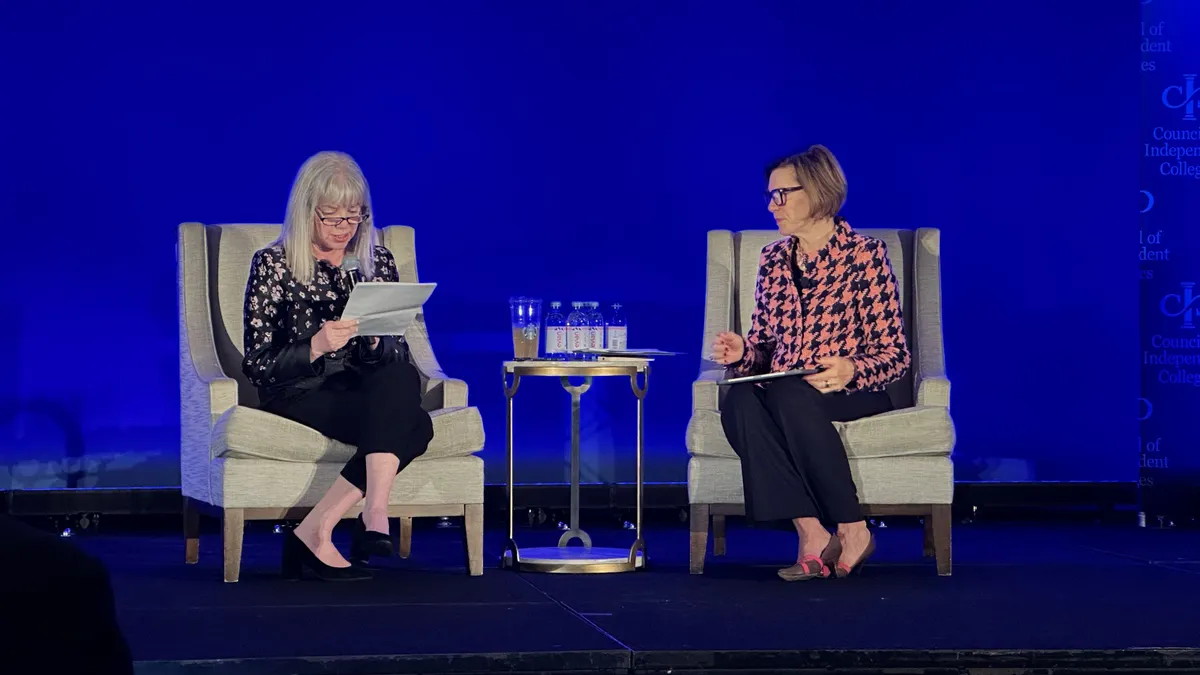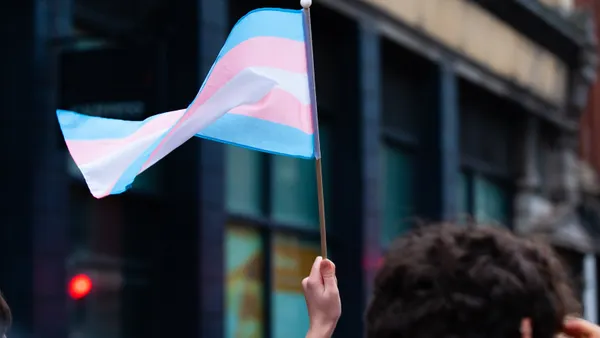Dive Brief:
- The Education Department’s new “gainful employment” rule judges for-profit and vocational programs based on the debt levels of their graduates and the default rates of their borrowers.
- The new rule is similar to the department’s draft proposal unveiled in August 2013, with the same cutoffs for passing and failing programs and the same penalties.
- A federal district court dismissed the education department’s original try in June 2010, saying parts of it were arbitrary. In March 2013, a judge rejected the department’s attempt to reinstate some of the rule’s criteria.
Dive Insight:
Look for the new rule to be challenged in court, again, by the Association of Private Sector Colleges and Universities. The association was successfully argued in its first lawsuit that the education department was arbitrary in selecting thresholds contained in the rule, instead of basing the criteria on research. And the same objection holds true for some of the criteria in the new rule, the association said in a letter. Obama administration officials say they are confident the new rule will survive legal challenges. Unchanged in the new rule, compared to the draft: Programs must keep their graduates' student-loan debt payments below 12% of their incomes and 30% of their discretionary incomes. One key change made in response to a court ruling: Programs would be evaluated based on programmatic cohort default rates instead of loan-repayment rates. The department will consider public comments for 60 days before publishing a final rule.













